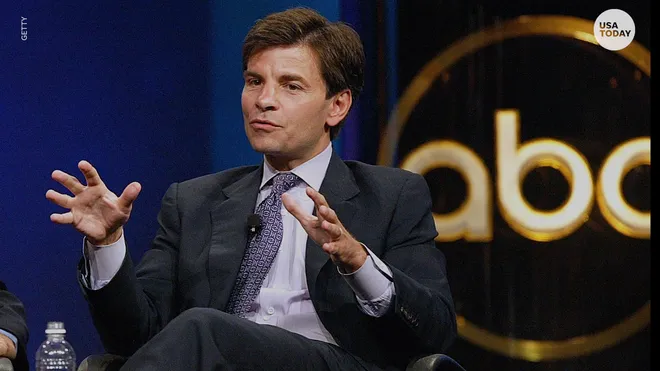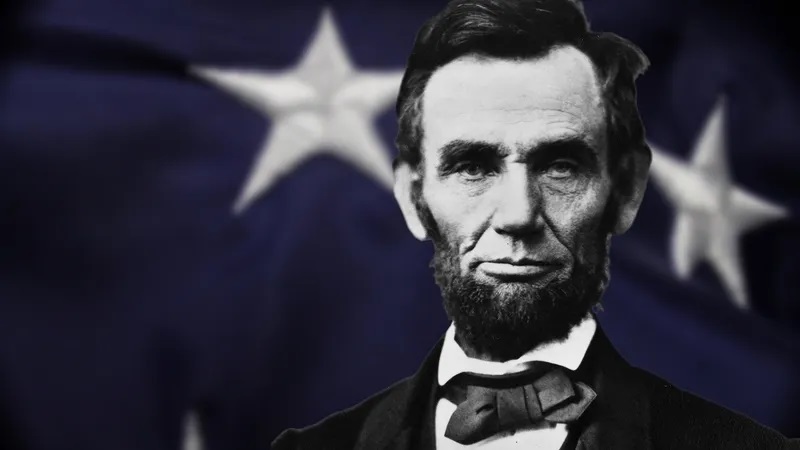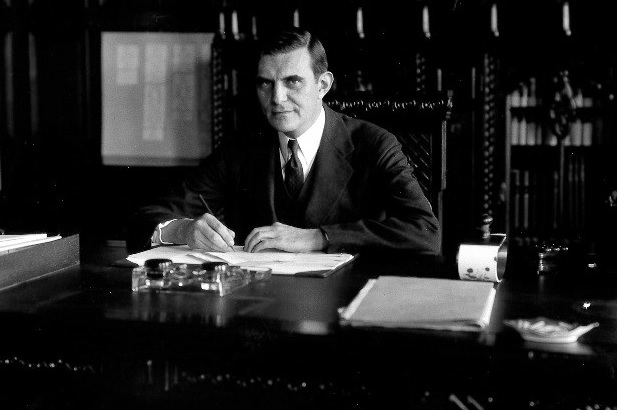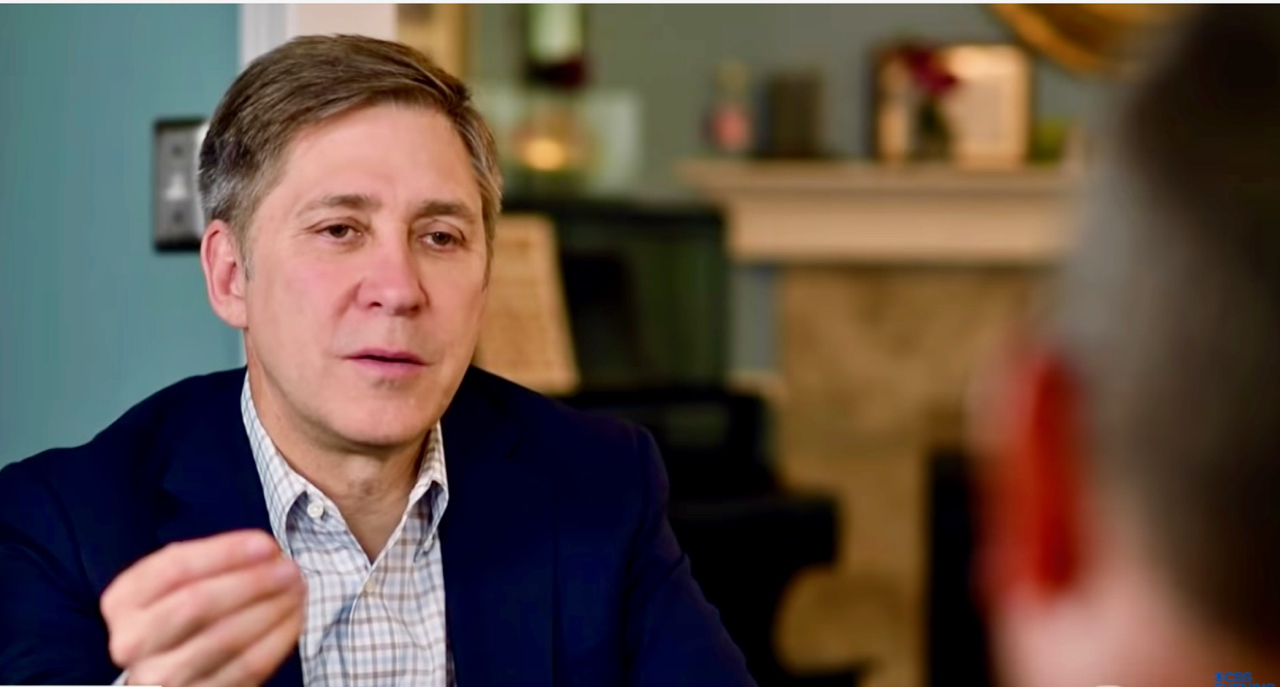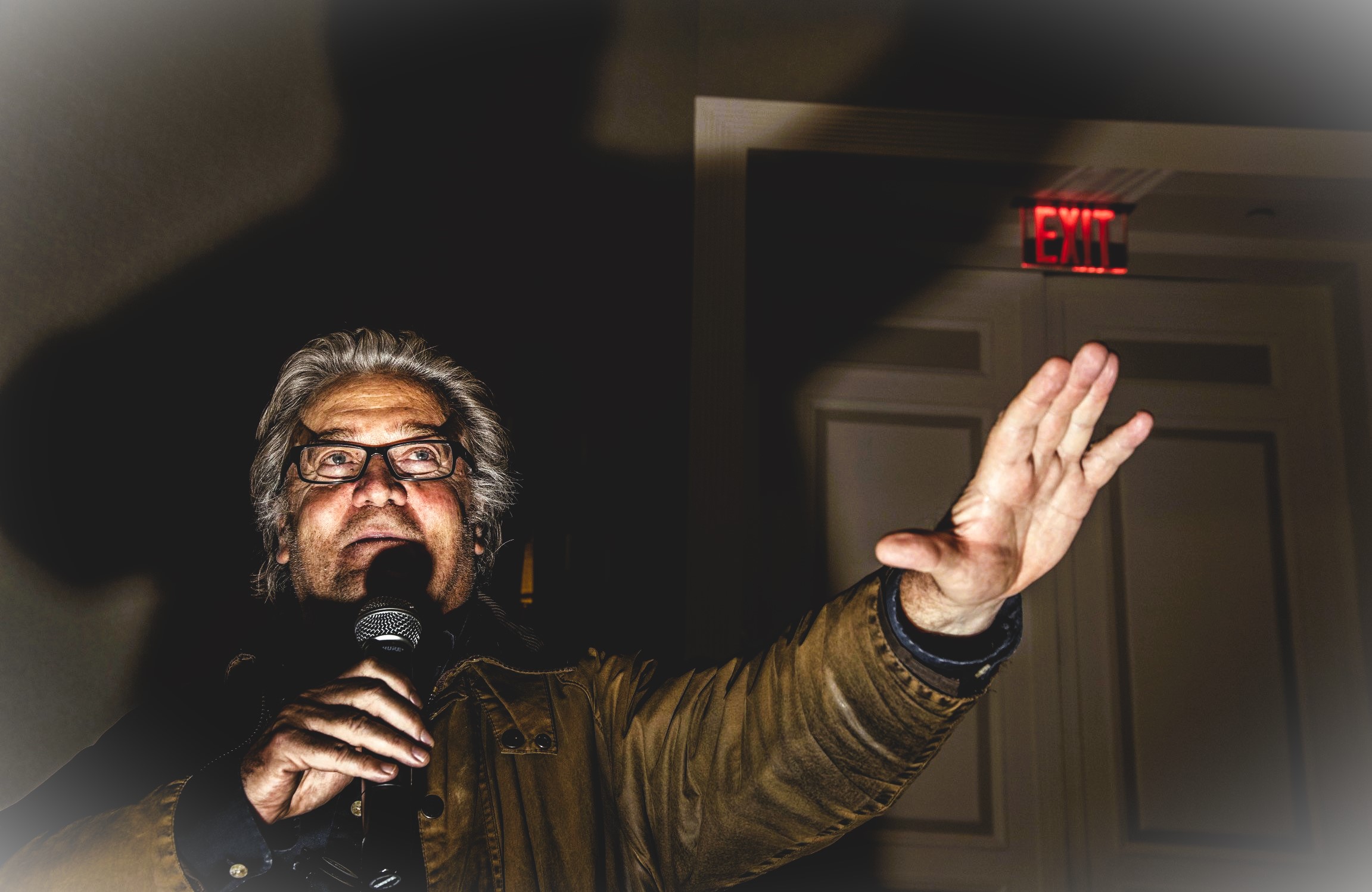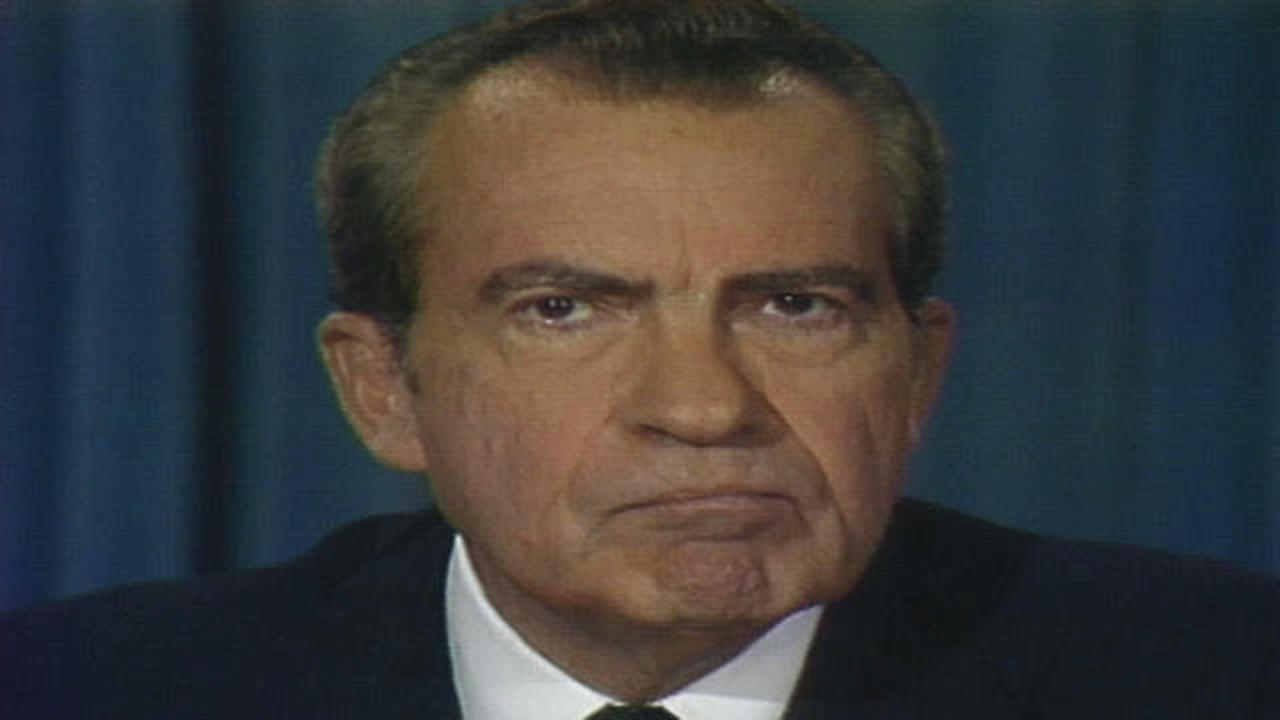“If slavery is not wrong, nothing is wrong.”
– Lincoln, April 1864
What stands out in Steven Spielberg’s Lincoln is how different this man is from everything we think we know about him. He has doubts. He fights with his oldest son as well as his troubled wife. He battles his own cabinet to get what he wants, and he’s willing to buy the votes necessary to bring an end to what he knows to be fundamentally immoral for the country. In short, he’s human.
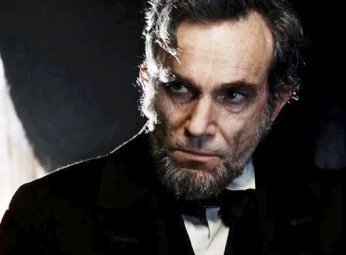
We live in a time where we are beset with 24/7 media coverage of everything political. We hear the lies as well as the spin and are frequently left on our own to sort truth from fiction. While the media was nowhere near as oppressive in Lincoln’s time, he is, nonetheless, beset with his own unique burdens.
One year into his second term, Lincoln is weighed down, literally, by the pressures of a bitterly divided union engaged in a costly Civil War and the human rights issue that lies at its center. In spite of all their wisdom and resolve, the Founding Fathers elected to kick the can of slavery down the road.
Now, it’s up to Lincoln. Plain spoken, and principled, we learn that this Illinois rail-splitter was far from the backwoods hick many of his enemies portrayed him to be. He was, in fact, not above the arm-twisting, job-promising, backslapping politicians of our own time. He was politically astute enough to see that if he could secure the passage of the 13th Amendment – the abolition of slavery – he could undercut the financial footing of the Confederacy and, in fact, see an end to the horrific war that had cut too deeply for too long into the heart of a still struggling nation.
With a calm and rational presence, Daniel Day-Lewis as Lincoln succinctly makes his case to a Representative from the opposition: “Abolishing slavery settles the fate for all coming time, not only of the millions in bondage but of unborn millions to come. We must cure ourselves of slavery. This amendment is that cure. Shall we stop this bleeding?”
With calculated political precision, after word that the South is willing to concede, Lincoln and his men deliberately withhold this vital piece of information from House leaders until the final votes are cast in favor of the Amendment.
As Spielberg shows us, this is not the saintly, 20-foot, Georgia white marble statue housed in the grand memorial anchored at one end of the National Mall in Washington. This is a highly skilled politician who knew how to do what was necessary at a critical moment for the country.
“Are we fitted to the times we’re born into?” Lincoln asks a military aide. The answer is made clear in many of the film’s moments that cover the final four months of his life.
In spite of all the backslapping and backstabbing, Lincoln was able to unite the union, and in the process reveal our better angels. “See we’ve shown that a people can endure awful sacrifice and yet cohere.”
At one point near the end of the film, we see Lincoln slowly walk down a corridor on his way to the theater where history and previous films have well-recorded the tragic end of his life. Not here. Spielberg has wisely chosen to focus on the reaction to news of the assassination first on the face of Lincoln’s youngest son and the audience attending a musical at another Washington theater. In offering this perspective, it’s almost as if we are living the terrible news for the first time through the pain of others.
What Spielberg accomplishes most in Lincoln is to show us a leader who was principled and inspiring; a storyteller and skillful politician; a father struggling to understand his oldest son; a husband trying to deal with a deeply distressed wife; a man both patient and impatient, but ultimately a man clearly fitted to the times he was born into.
Comments
